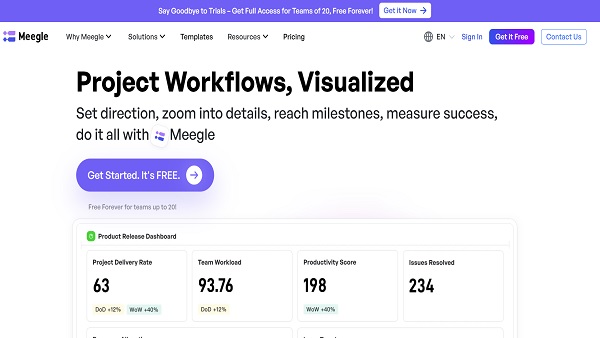Essential Financial Terms for Scaling Your Business: A Guide by Al Sollami

Summary
Full Article
Understanding key financial terminology is crucial for any business owner considering expansion. Al Sollami, in his discussions on market conduct and financial awareness, underscores the significance of mastering these terms to make informed decisions and ensure long-term stability. This knowledge is foundational for crafting sustainable growth strategies.
One of the first distinctions to grasp is between revenue and profit. Revenue is the total income from sales before expenses, whereas profit is what remains after costs. This understanding is vital for setting realistic goals and evaluating the sustainability of scaling efforts. Similarly, gross margin, which measures the percentage of revenue left after subtracting the cost of goods sold, is essential for pricing strategies and assessing business efficiency.
Working capital, the difference between current assets and liabilities, is another critical metric. It indicates a company's liquidity and ability to meet short-term obligations. Scaling without adequate working capital can lead to operational disruptions. EBITDA, or Earnings Before Interest, Taxes, Depreciation, and Amortization, offers insight into operational profitability, though it should be considered alongside other metrics for a comprehensive view.
Leverage, the use of borrowed funds to amplify returns, can be a double-edged sword, increasing both potential profits and losses. Cash flow, the movement of money in and out of a business, is equally important, as poor management can lead to bankruptcy despite profitability. The break-even point, where total revenue equals total costs, helps in setting realistic sales targets and pricing strategies.
Return on Investment (ROI) measures the profitability of an investment relative to its cost, aiding in prioritizing initiatives during scaling. Burn rate, the speed at which a company spends its cash reserves before generating positive cash flow, is crucial for managing finances during rapid expansion. Lastly, valuation, determining a company's worth, is often necessary when seeking investors or loans.
Financial literacy enables business owners to avoid pitfalls and seize opportunities. Organizations like Auctus Fund Management highlight the importance of disciplined financial strategies for sustained growth. Practical steps include building a financial glossary, regularly reviewing financial statements, consulting experts, and using forecasting tools to model scaling scenarios.
In conclusion, scaling a business demands more than ambition; it requires a deep understanding of the financial landscape. Mastering these terms empowers entrepreneurs to navigate growth confidently, ensuring expansion strengthens their company's foundation.

This story is based on an article that was registered on the blockchain. The original source content used for this article is located at citybiz
Article Control ID: 156377